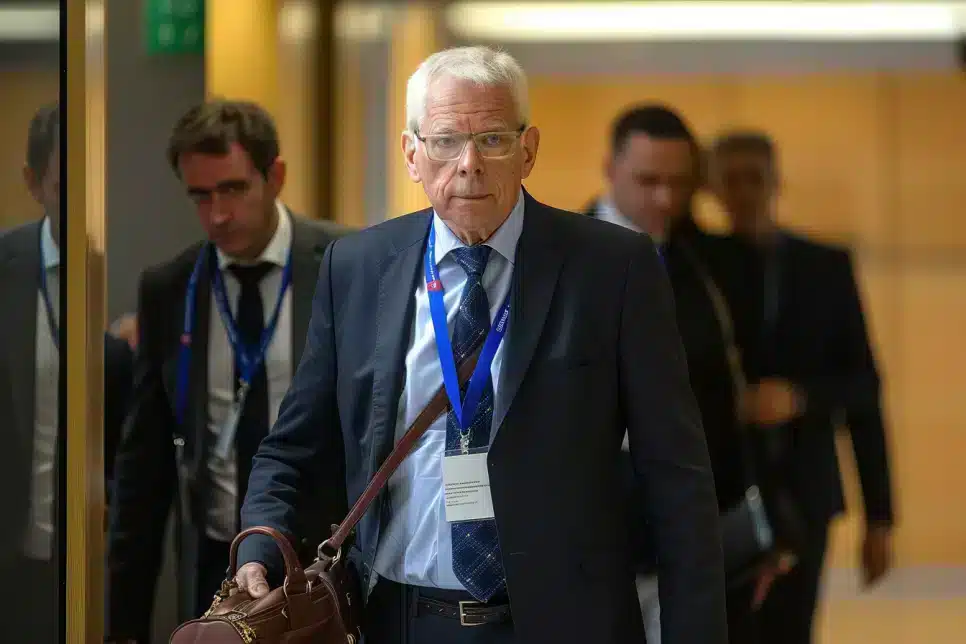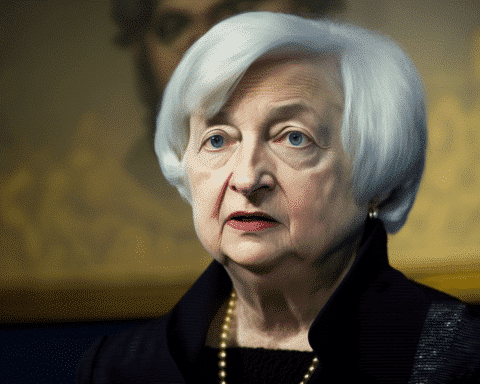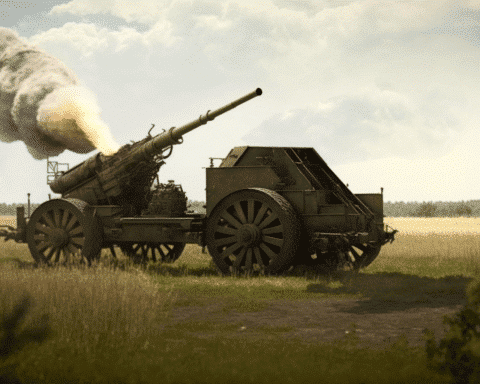In a bold move signaling the European Union’s unwavering support for Ukraine amidst its ongoing conflict with Russia, the EU is setting the stage to allocate profits derived from frozen Russian assets to aid Ukraine’s defense efforts. This initiative, led by EU foreign policy chief Josep Borrell, has garnered the approval of most EU foreign ministers, and anticipation is building for a formal endorsement at the upcoming Brussels summit.
The strategy involves leveraging the interest generated from approximately 200 billion euros ($217 billion) in Russian central bank assets, predominantly frozen in Belgium, as a direct consequence of Moscow’s aggression towards Ukraine. This fund is estimated to yield around 3 billion euros ($3.3 billion) annually, a sum Borrell acknowledges as significant, albeit not monumental, in the grand scheme of the conflict. “The Russians will not be pleased. The amount of money, 3 billion per year, is not extraordinary, but it is not negligible,” Borrell articulated, highlighting the potential for these funds to make a meaningful impact.
The distribution of these funds is meticulously planned, with about 90% designated for a particular fund used by many EU countries to reimburse arms and ammunition contributions. The remaining 10% is slated for the EU budget to reinforce Ukraine’s defense industry. This arrangement allows for a creative circumvention of EU legal constraints against using the budget for armament purchases, as the European Peace Facility, an off-budget mechanism, facilitates this financial support without necessitating European Parliament approval.
Amid concerns from the European Central Bank about the potential repercussions of asset seizure on the euro and EU market confidence, Borrell reassures that only the profits from these assets, not the assets themselves, will be utilized. This clarification aims to quell fears while maintaining the integrity of the EU’s financial systems.
Despite some opposition within the EU, notably from Hungary, regarding direct arms supply to Ukraine, Borrell’s plan presents a unified front by offering a pathway for all member countries to contribute to Ukraine’s defense indirectly. Moreover, while some leaders, like Belgian Prime Minister Alexander De Croo, advocate for using these funds for post-conflict reconstruction, Borrell firmly believes in the preemptive value of strengthening Ukraine’s defenses to mitigate further destruction.
As the EU forges ahead with this plan, it underscores the bloc’s strategic and moral commitment to supporting Ukraine in the face of adversity, showcasing a blend of financial ingenuity and solidarity in the face of geopolitical turmoil.




